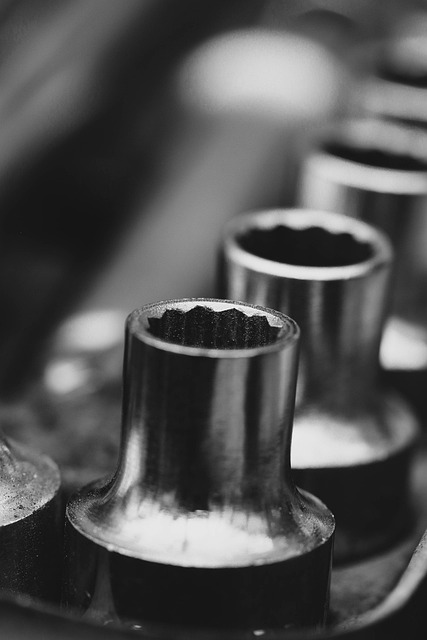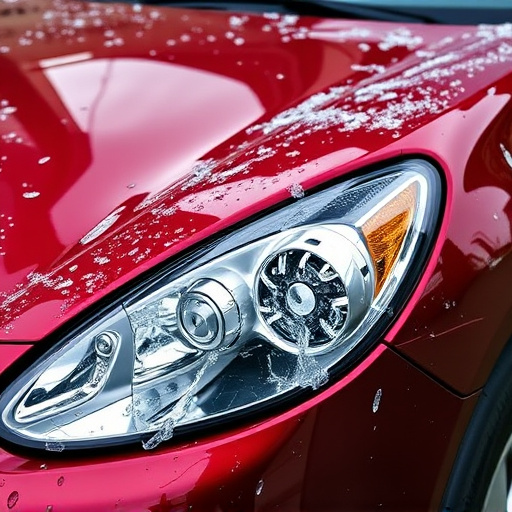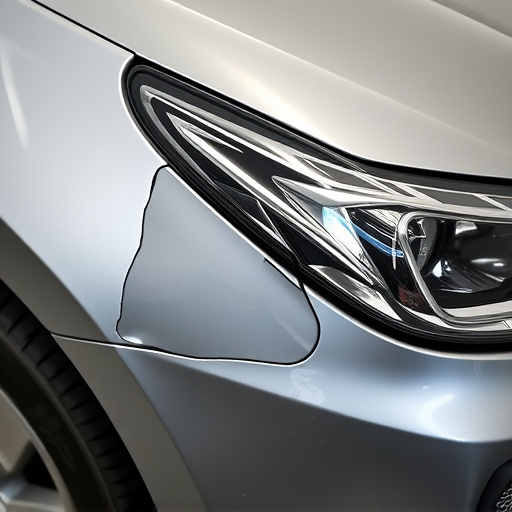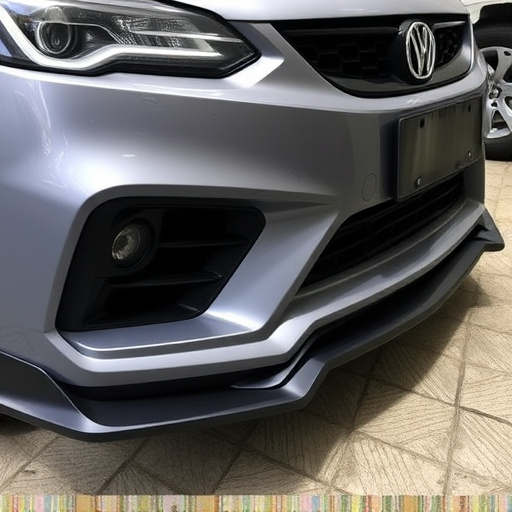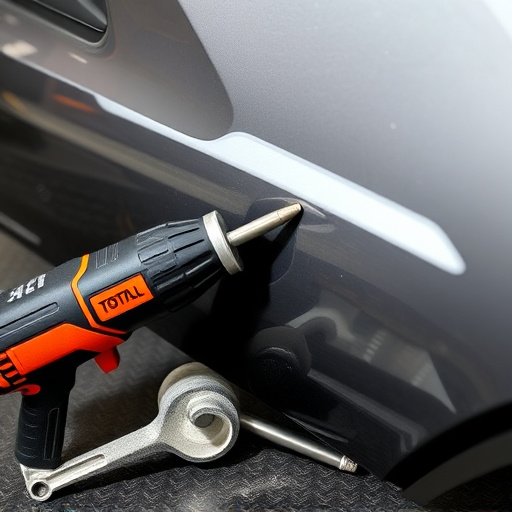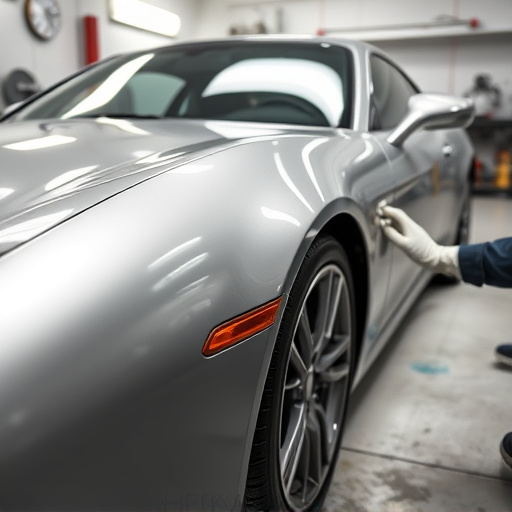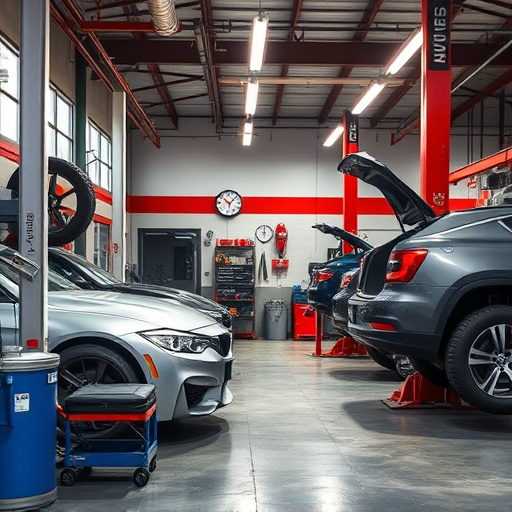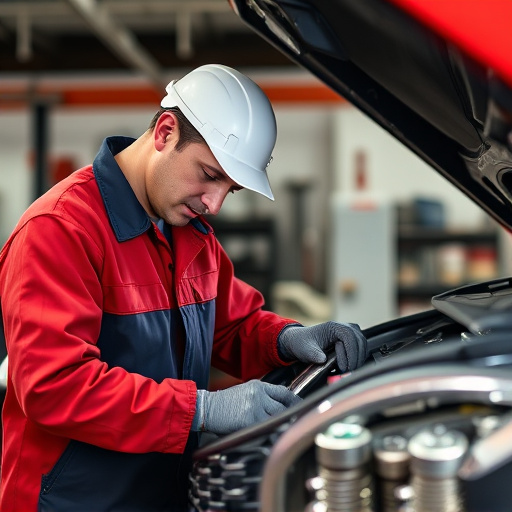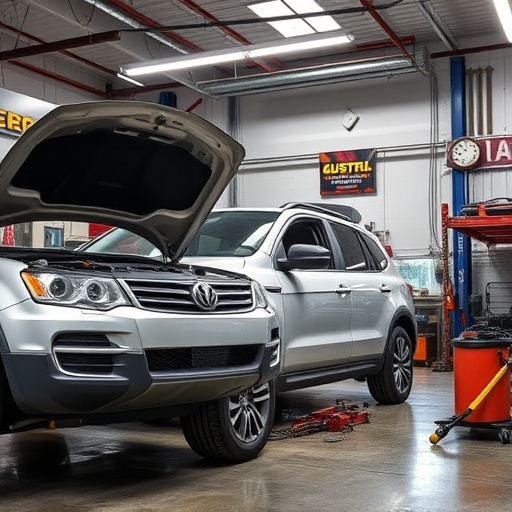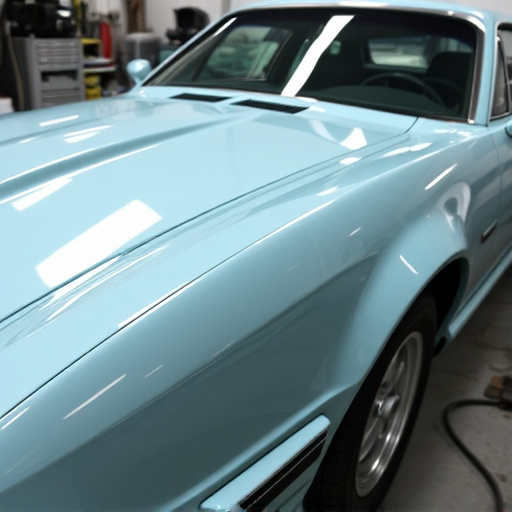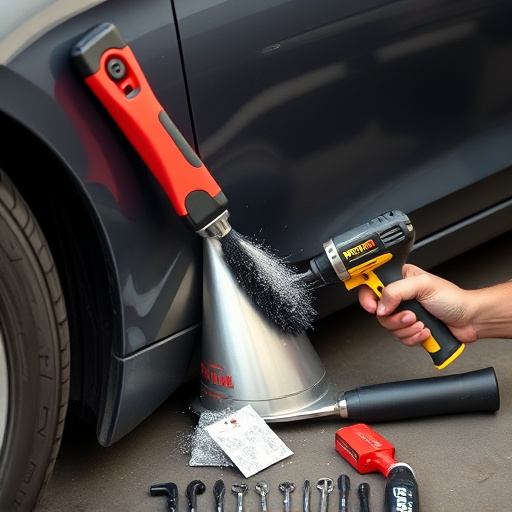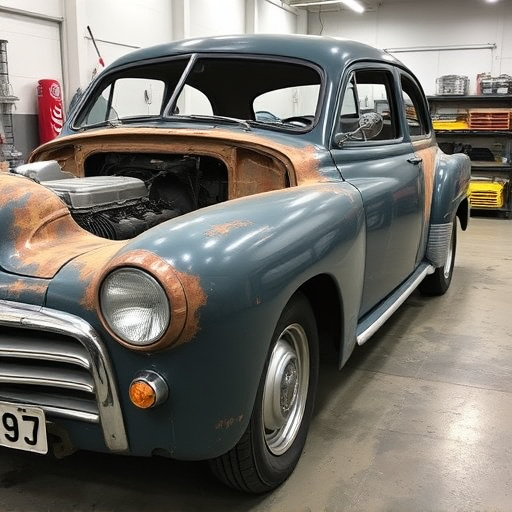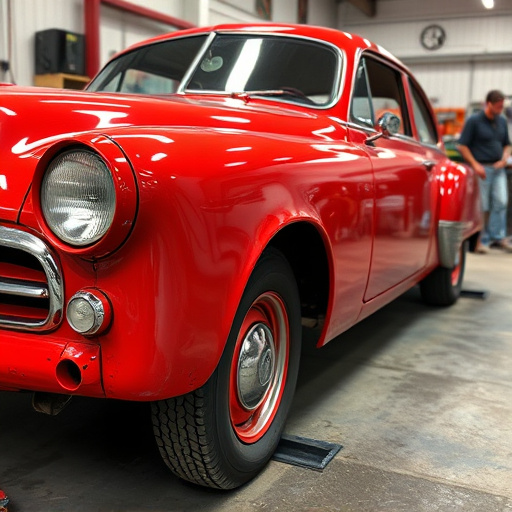Rush collision repair services provide swift, high-quality vehicle damage solutions, prioritizing quick turnaround times without compromising accuracy. Skilled technicians employ advanced tools and precise techniques—from metalworking to painting—to restore vehicles to pre-accident condition. This specialized approach, balancing speed with expertise, enhances customer satisfaction by minimizing downtime and maintaining strict quality standards in a fast-paced automotive landscape.
In today’s fast-paced world, rush collision repair services play a crucial role in getting damaged vehicles back on the road swiftly. These specialized services operate under tight time constraints, demanding technicians with exceptional skills and knowledge. This article delves into the essential training required for rush collision repair service technicians, exploring the unique challenges and opportunities within this dynamic industry. From mastering advanced tools to fostering teamwork, continuous education ensures technicians stay ahead in a constantly evolving landscape of rush collision repair.
- Understanding Rush Collision Repair Services and Their Demands
- – Definition and purpose of rush collision repair services
- – Time constraints and high-pressure environments
Understanding Rush Collision Repair Services and Their Demands
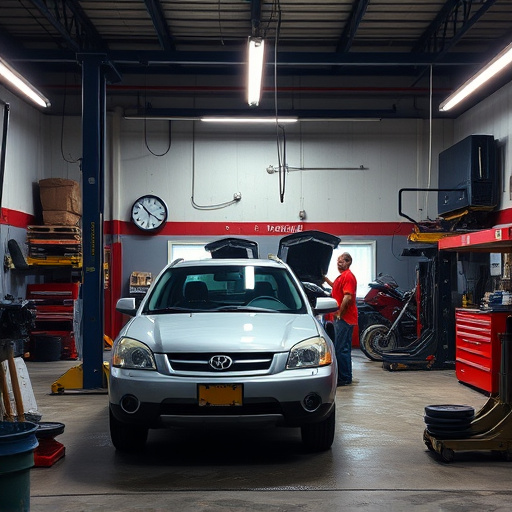
Rush collision repair services are designed to address vehicle damage swiftly and efficiently, often handling complex auto body work within tight timeframes. These services cater to customers who require urgent repairs following accidents or incidents, demanding quick turnaround times without compromising quality. Understanding the intricacies of rush collision repair is paramount for technicians, as it involves specialized skills in auto body work alongside effective project management.
Technicians playing a crucial role in rush collision repair must possess a comprehensive understanding of various techniques and technologies employed in auto maintenance, from precision metalworking to advanced painting processes. They need to be adept at assessing damage, prioritizing tasks, and working under pressure while maintaining meticulous attention to detail. This specialized training ensures that vehicles are restored to their pre-accident condition as quickly as possible, meeting the high standards expected by collision centers and ultimately contributing to customer satisfaction.
– Definition and purpose of rush collision repair services
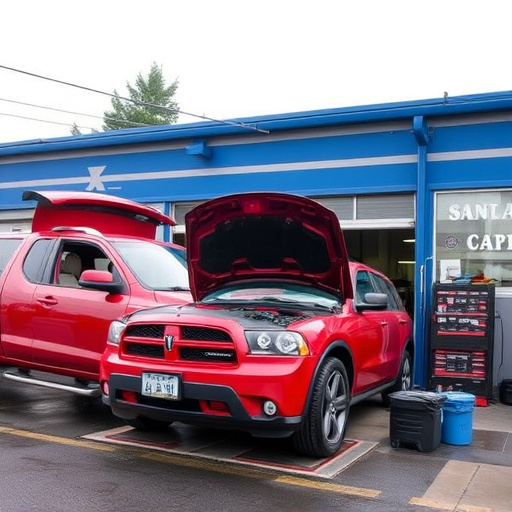
Rush collision repair services refer to the swift and efficient restoration of damaged vehicles to their pre-incident condition, often with a focus on minimizing downtime for vehicle owners. The primary purpose of such services is to cater to customers who require urgent repairs following accidents or other incidents, ensuring their vehicles are back on the road as quickly as possible. These specialized collision repair centers operate with streamlined processes and skilled technicians to achieve rapid turnaround times without compromising quality.
In today’s fast-paced world, where time is of the essence, rush collision repair services play a vital role in facilitating swift car body repair. Collision centers that offer these services are equipped to handle various types of damage, from minor dents and scratches to more extensive structural repairs. Trained technicians utilize advanced equipment and techniques, including computer-aided design (CAD) and robotic welding, to ensure precise and efficient work, ultimately enhancing customer satisfaction by delivering timely and high-quality collision repair solutions.
– Time constraints and high-pressure environments
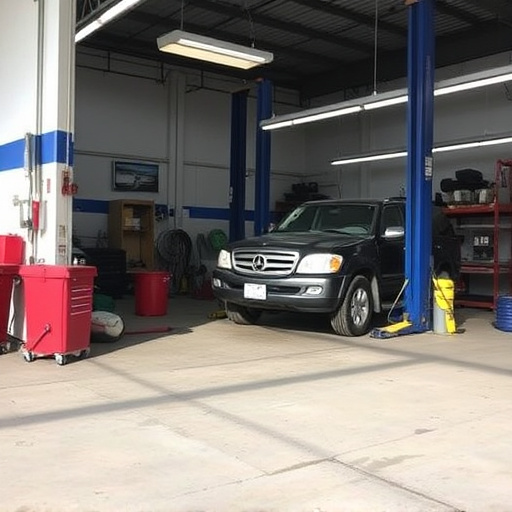
In the fast-paced world of rush collision repair service, technicians face unique challenges due to stringent time constraints and high-pressure environments. These demands require a specialized skill set that goes beyond basic vehicle body repair. Technicians must be adept at working swiftly yet accurately, as every minute counts in getting damaged vehicles back on the road promptly. High-pressure situations often involve complex car collision repairs, where quick decision-making skills are crucial to managing customer expectations and ensuring satisfaction.
The ability to stay calm under pressure is a valuable trait for these professionals, enabling them to navigate intricate vehicle repair services with efficiency. Specialized training in rush collision repair service equips technicians with the necessary tools and knowledge to handle diverse vehicle damages, from minor fender benders to severe crashes. This enables them to deliver top-notch car collision repairs while adhering to tight schedules, ultimately fostering customer trust and loyalty.
In conclusion, providing efficient rush collision repair service requires a specialized set of skills and knowledge. Technicians must be adept at managing time constraints and high-pressure situations while ensuring precision and quality work. Comprehensive training programs that cover both theoretical knowledge and hands-on experience are crucial in preparing professionals capable of delivering swift yet reliable rush collision repair solutions, thereby enhancing customer satisfaction and safety on the road.
